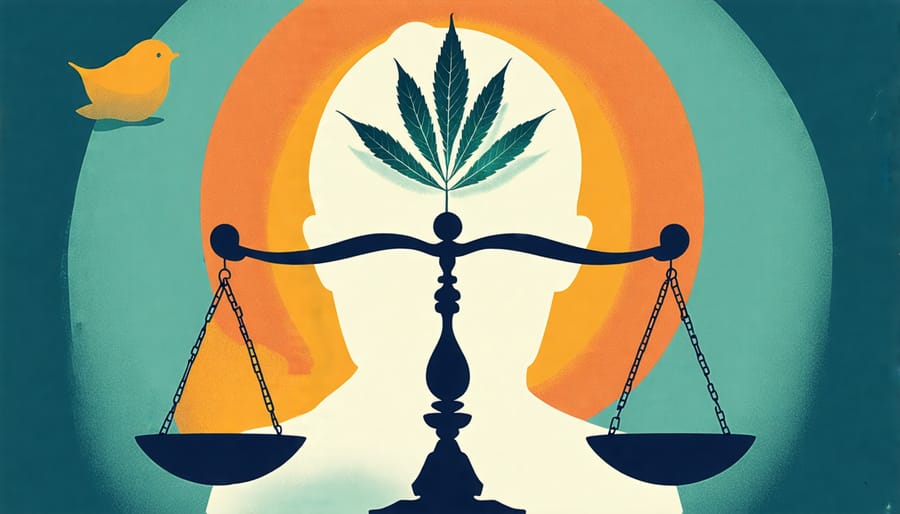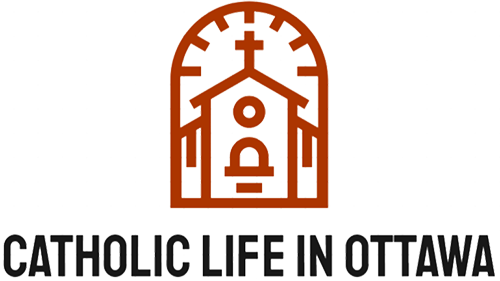Exploring Catholic Ethics: Navigating the Controversy Around Kratom
Explore kratom through a Catholic ethical lens by seeking guidance from trusted spiritual leaders, reflecting on teachings that balance care for the body and free will. To ensure informed decisions, research quality kratom for sale responsibly, contemplating its effects on personal health and spiritual well-being. Engage with your local community to hear how others navigate this modern issue, sharing stories that align with core Catholic values. Consider the moral implications of consumption, prioritizing the dignity of the human person and the common good. Engage in prayerful reflection and dialogue within your congregation, fostering understanding and awareness of this complex subject.
Understanding Kratom: An Overview
Kratom: What Is It?
Kratom is a tropical tree native to Southeast Asia, known scientifically as Mitragyna speciosa. Its leaves have been used traditionally for their medicinal properties, often chewed or brewed into a tea to alleviate pain, boost energy, and improve mood. In countries like Thailand and Malaysia, laborers have relied on kratom for centuries to sustain productivity during long, arduous workdays. Described by users as offering stimulant effects in lower doses and sedative effects in higher doses, kratom’s influence on the body is complex. As we explore its potential impact through a Catholic ethical lens, it’s essential to consider these varied, culturally rooted experiences and seek guidance in faith and community.

The Controversy Surrounding Kratom
Kratom, a tropical plant, has stirred significant debate, both legally and socially. Supporters cite its potential to relieve chronic pain and aid recovery from opioid addiction, highlighting personal stories of healing and transformation. However, health authorities raise concerns about its safety, pointing to possible addiction, adverse health effects, and a lack of regulation on its purity and dosage. Within Catholic communities, these discussions often intersect with ethical considerations. The core Catholic values of preserving human dignity and promoting well-being invite reflection on whether kratom use aligns with spiritual beliefs. Such dialogue encourages respectful and informed discussions among Catholics, emphasizing love and care for one another.
Catholic Ethical Frameworks
The Dignity of the Human Person
Catholic teachings emphasize the profound dignity of the human person, created in the image and likeness of God. This intrinsic value serves as a guiding principle in evaluating the moral implications of using substances like kratom. Within this framework, we are invited to consider not just the physical effects, but also the broader impact on our spiritual and communal well-being. Human dignity encourages us to approach health and lifestyle choices with mindfulness and responsibility. We might ask ourselves, does this enhance our God-given potential, or does it obscure our relationship with self, others, and God? In Ottawa parishes, vibrant community discussions often explore how modern challenges intersect with timeless teachings. By fostering a community that prioritizes holistic wellness, parish members provide a living testament to the possibilities of harmonizing personal freedom with moral responsibility. This reciprocity reflects the heart of Catholic teaching – honoring human dignity by nurturing connections that uplift us all.

Morality and Natural Remedies
Catholic teachings hold a profound respect for creation, emphasizing the responsible stewardship of nature’s gifts. This perspective invites a discerning approach to natural remedies like kratom. Used respectfully, such remedies can be viewed as part of God’s provision for health and healing. However, this does not absolve individuals from exercising prudence and moral discernment in their use. The principle of moderation is central, ensuring that reliance does not become misuse or lead to dependency.
In a similar light, discussions around substances, like those in Catholics’ Perspective of Vaping, highlight the necessity of evaluating both the benefits and potential harm. Each individual’s intention and situation should be considered within the broader context of Catholic ethical teachings, promoting health while avoiding excess.
By exploring both historical wisdom and contemporary science, Catholics in Ottawa are invited to engage with natural remedies thoughtfully, fostering dialogue that honors both personal and communal well-being. It is through conversations like these that Catholic communities gracefully navigate the delicate balance between valuing creation and upholding moral integrity.
Community Stories: Real-Life Catholic Experiences
A Journey of Healing and Faith
Navigating a journey of healing can often present both challenges and revelations of faith. One community member, whom we’ll call Anne, shared her poignant experience using kratom as a supplement in managing chronic pain. As Anne grappled with her health issues, she found herself searching for alternative remedies that aligned with her values. Kratom emerged as a potential aid, yet it brought forth spiritual questions and ethical considerations deeply rooted in her Catholic faith.
Anne describes how she approached this decision prayerfully, seeking guidance through scripture and consulting with trusted spiritual advisors. Her journey was not just about finding relief, but also about learning to practice Pro-Life values by ensuring her choices promoted holistic well-being and dignity of life. This introspective path reinforced her connection to God, fostering hope and trust in His plan. Through this experience, Anne illustrates how faith and healing can intertwine, offering both comfort and ethical clarity in times of personal trial.
A Cautionary Tale
Maria, a devoted Catholic from Ottawa, found herself in a challenging situation with kratom. Initially drawn to it for its supposed health benefits, she soon faced a growing dependency that left her feeling trapped. Struggling with the tension between relieving her physical ailments and her Catholic values, Maria turned to her local parish for guidance. Her priest offered a compassionate ear and encouraged her to reflect on the dignity of her body as a temple of God, urging cautious discernment.
The parish community became her support system, providing both moral encouragement and practical help. Through prayer groups and faith-based discussions, Maria explored Catholic teachings on the sanctity of health and personal responsibility. Understanding that every choice impacts not only oneself but also the broader community, she committed to finding a balanced path, free from reliance on substances that disrupted her spiritual and physical well-being. This journey strengthened her faith as she embraced the healing power of community and God’s unwavering love.
Finding Balance: Catholic Guidance on Kratom Use

Consultation and Discernment
When facing decisions about substances like kratom, Catholics are encouraged to turn to prayer, community dialogue, and expert consultation to discern a morally and ethically sound path. Seeking guidance through prayer is akin to conversing with God, asking for wisdom and understanding. Bringing concerns about kratom to trusted members of the church community fosters an environment of shared learning, where personal experiences can offer valuable insights. Conversations with spiritual leaders, such as priests or religious educators, further enrich this understanding. Consulting Catholic resources or healthcare professionals also helps in weighing the physical and spiritual considerations. Engaging in these practices can deeply resonate with the sacramental life, reminding us of the divine grace present in every aspect of our lives. To further explore our connection to God’s guidance, learn more about What is a Sacrament? and its importance in daily discernment.
Evaluating Intent and Impact
As we explore our choices regarding kratom, it is important to reflect on both our intentions and their outcomes through the lens of our Catholic faith. Are our actions motivated by a desire for healing and enhanced well-being, or do they stem from less constructive impulses? The Catholic Church encourages discernment, where we critically evaluate our motivations and the potential consequences of our decisions for ourselves and others. This involves considering how our actions align with the greater good and the teachings of Christ, such as love, compassion, and respect for the dignity of human life. Within our Ottawa community, stories of individuals navigating their paths with faith can inspire others to make choices that not only support personal health but also contribute positively to the well-being of our broader community. Through prayer and guidance, we can seek a deeper understanding and responsible approach to our decisions.
Conclusion
In concluding our discussion on kratom and its ethical implications through the Catholic lens, it’s vital to reflect on our shared responsibility to stay connected to Jesus and His teachings of compassion and understanding. As Catholics, our approach to complex issues like kratom should begin and end with empathy, considering both scientific perspectives and personal experiences. Listening to stories from those within our community who have encountered kratom, either as users or concerned family members, enriches our understanding and guides us in responding with love rather than judgment.
It’s also essential to ground our views in the core values of our faith—faithfulness, respect for human dignity, and care for one’s body as a temple of the Holy Spirit. We are encouraged to engage in respectful discourse, guided by the teachings of the Church, fostering a community that upholds the dignity and well-being of all its members. Let us continue journeying together, with open hearts and minds, as we navigate these contemporary ethical challenges.

